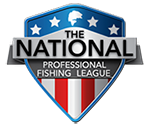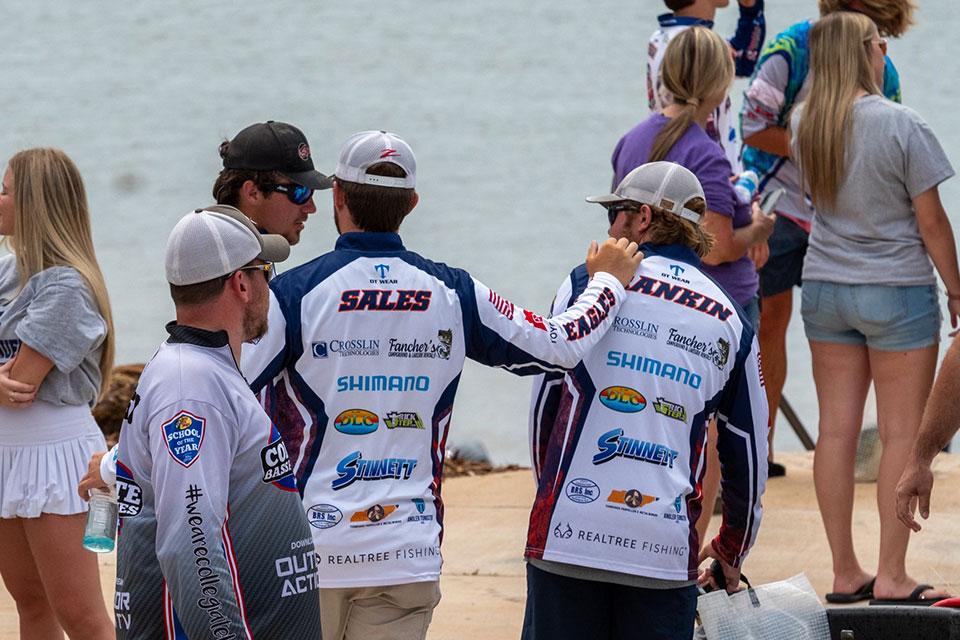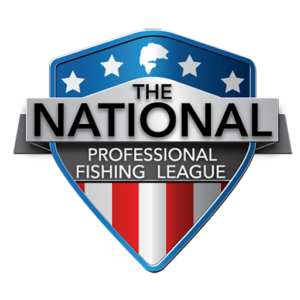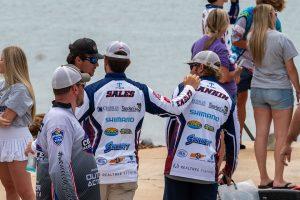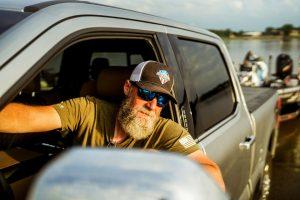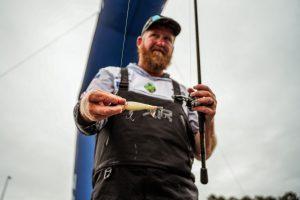Story by Hunter Sales
As the coach of the college fishing team at Carson-Newman University, I spend quite a bit of time talking about doing things the right way. Integrity is one of our team pillars and I feel that it is essential to protect the sport we all love.
Bass fishing is unique in the way that its rules are written and enforced because it is largely self-enforced. There is also a large amount of “gray area” in bass fishing rules and often very little clarity behind what is acceptable and what is not. This places most of the responsibility on each angler’s moral code and their intent. Each fishing organization also has a responsibility to educate anglers and fans on specific rule infractions, how they were handled, and the lessons to be learned moving forward.
When not debating about FFS, today’s fishing news seems to be dominated by drama surrounding “possible” rule infractions. While I certainly have my own opinions on each situation, that is not the point of this article. Rather, I’d like to address my thoughts on why the drama exists and how it creates confusion for anglers and fans alike. The lack of transparency around these possible infractions is a problem. There are no other professional sports that sweep problems under the rug the way that many organizations have in the bass fishing world.
For example, with “Deflategate” (a scandal involving the New England Patriots intentionally under-inflating game balls), every major news outlet was providing video in addition to eyewitness testimony and other evidence. When a pro baseball player is caught using performance enhancing drugs, he is publicly ousted and shamed for the cheating. If bass fishing organizations of old were to write the news articles surrounding PED usage, I imagine the headline would read something like “Barry Bonds has been ruled ineligible for the 2025 season due to an accidental violation of a league rule.” At the root, the organizations are trying to protect the anglers and their careers by not disclosing the details behind disqualifications, but in my mind, this creates unnecessary drama, failing to create examples for young anglers, and making lesser infractions appear worse.
I applaud the NPFL for the way the recent disqualification of Skeeter Crosby was handled. I say this only due to the transparency behind the press release. I felt terrible for Skeeter! His was an accidental infraction and one that likely provided no competitive advantage. I don’t feel like there was any ill-intent at all, but the rule was violated. I appreciated the fact that the NPFL detailed the incident in the press release so that Skeeter’s public image was not harmed with the disqualification. Both NPFL anglers and youth anglers were able to learn lessons from this disqualification and avoid it happening to them in the future. In other bass fishing disqualifications in recent days, the fans and anglers are devoid of details and many turn to social media to form their opinion. This creates a lot of confusion. I’ve talked to multiple anglers who are scared by the news—worried about being disqualified for accidental infractions.
In my opinion, it is very rare for these disqualifications to result from true accidents. More often than not, they result from playing in the gray area. My dad used to tell me, “if you play with fire long enough, eventually you’ll get burned.” I don’t have any inside knowledge, and I refuse to pass judgement on specific situations without knowing the details, but it is unfortunate in my opinion that we are unable to learn the details behind these situations.
To be short, I dream of a day when there is no question to the integrity of bass fishermen. I hope that disqualifications and specific infractions and evidence will be public information. I believe that this would create learning opportunities for young anglers and discourage this type of behavior in the future. I also believe that each angler deserves for the public to know the truth behind their infractions. If it was truly accidental as in Skeeter’s case, the public will realize that and have their back. If it is intentional with an intent to gain advantage over the rest of the field, the angler also deserves for the industry to recognize this.
My message to my team is always clear: Do things in such a way that you are never called into question. The grey area is dangerous. I never ask, “How much can I get away with?” Instead, I want to know, “How far from evil can I get?”
Thanks for keeping up with me and hearing me out.
Hunter Sales – Angler Profile
Instagram | Facebook | YouTube
